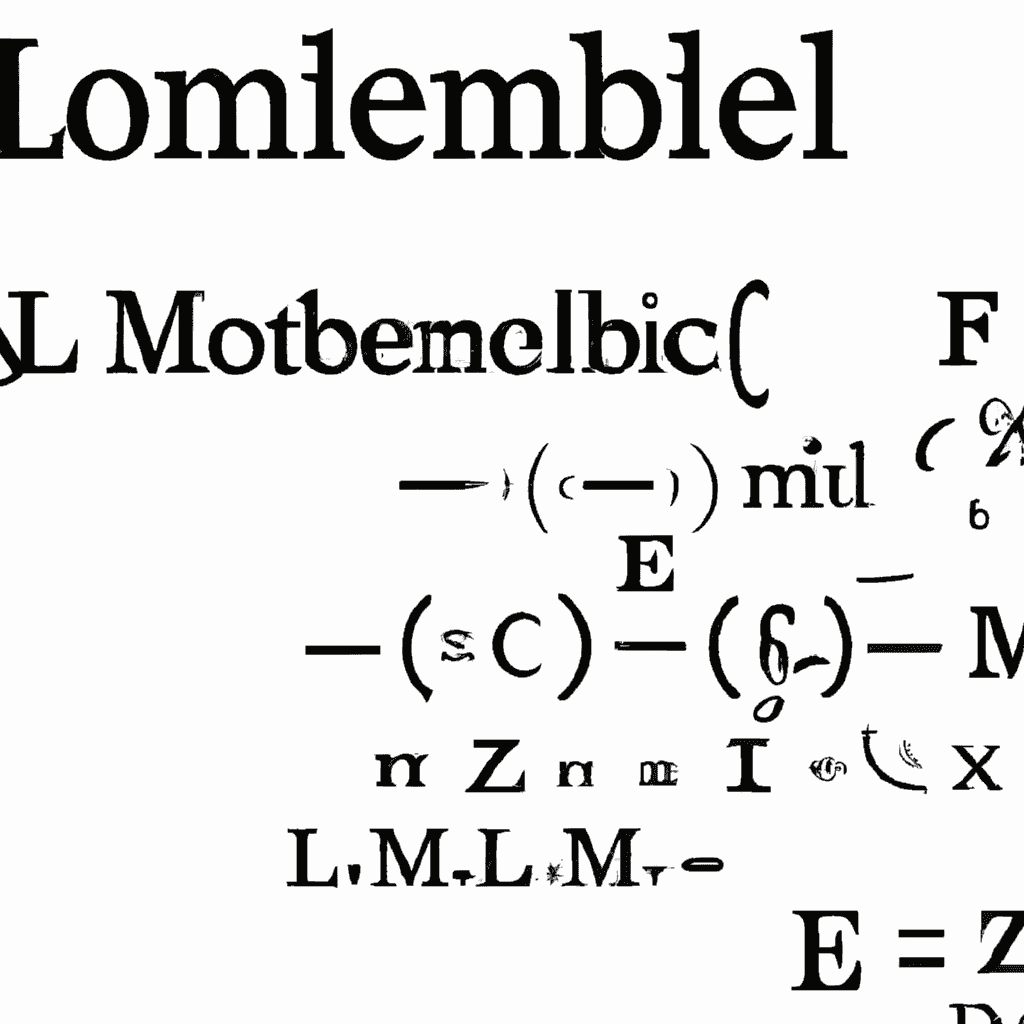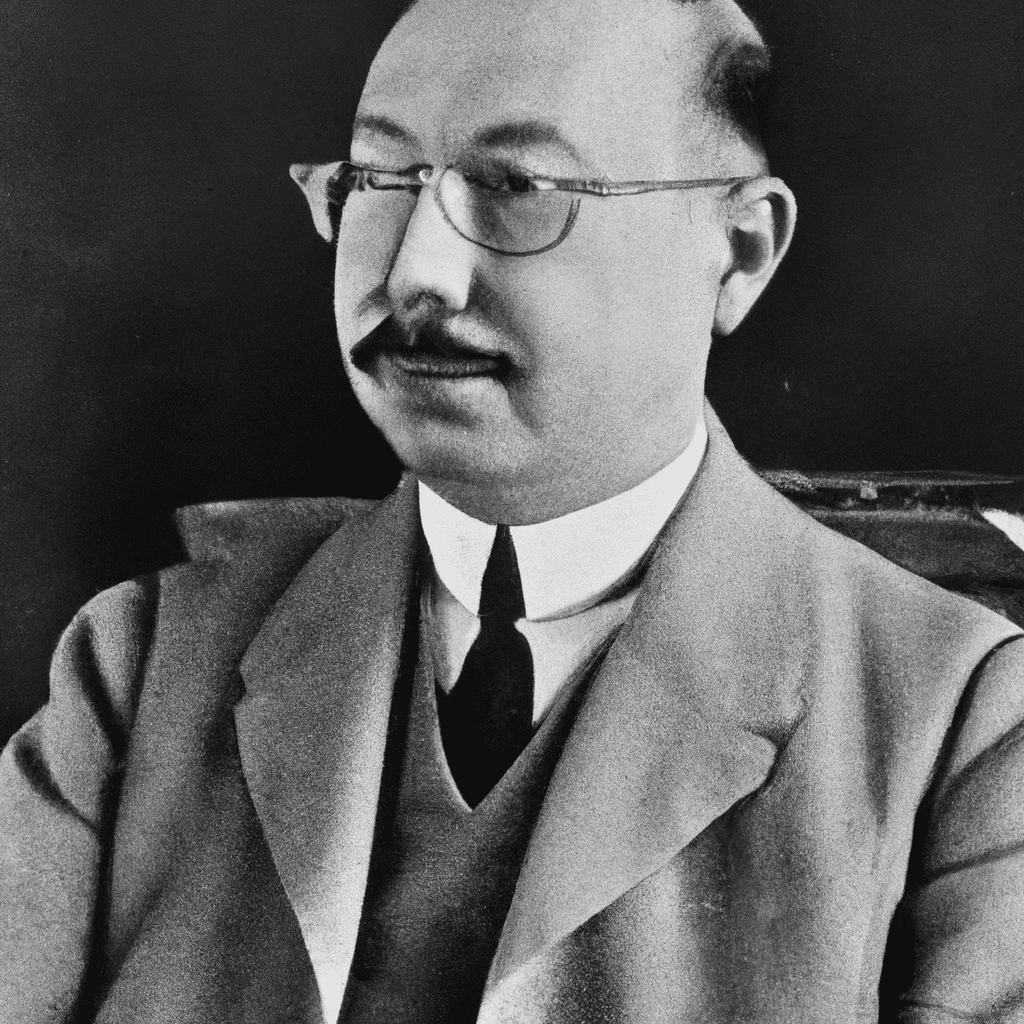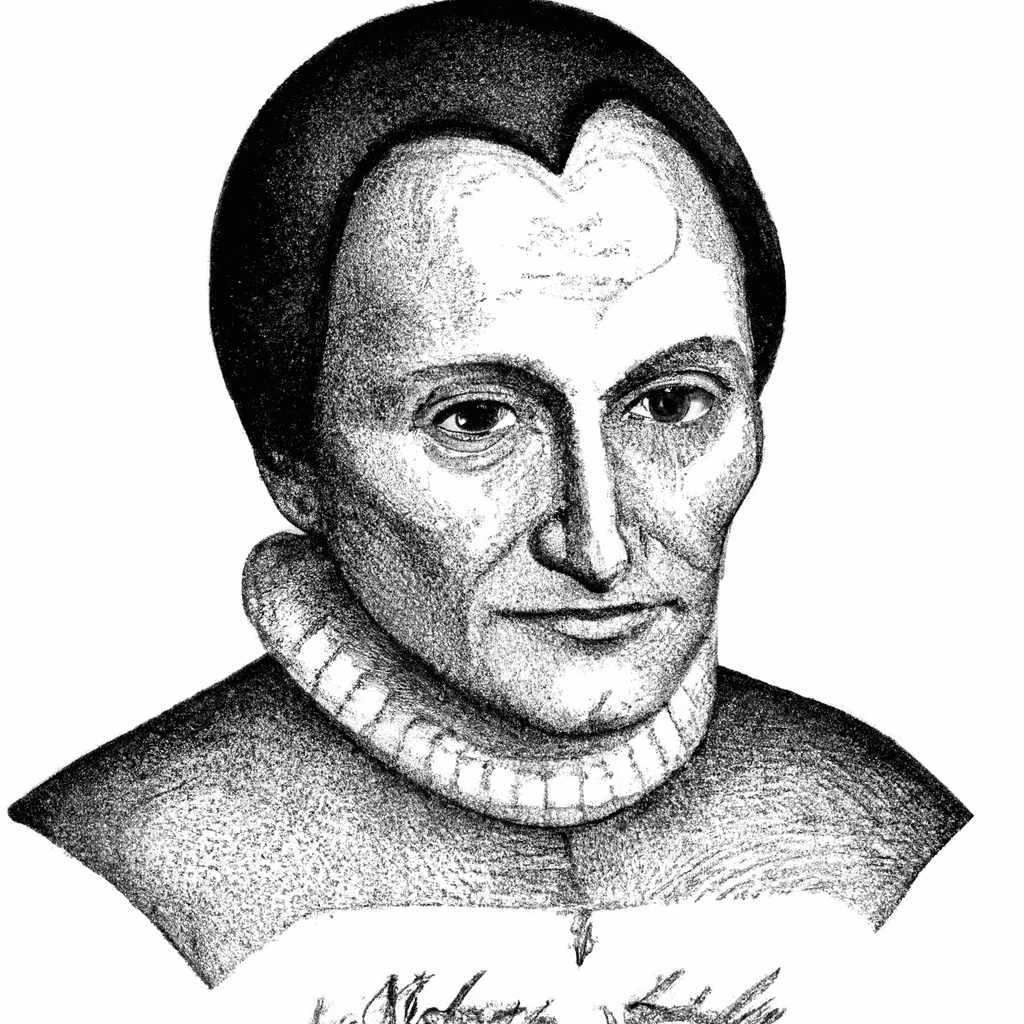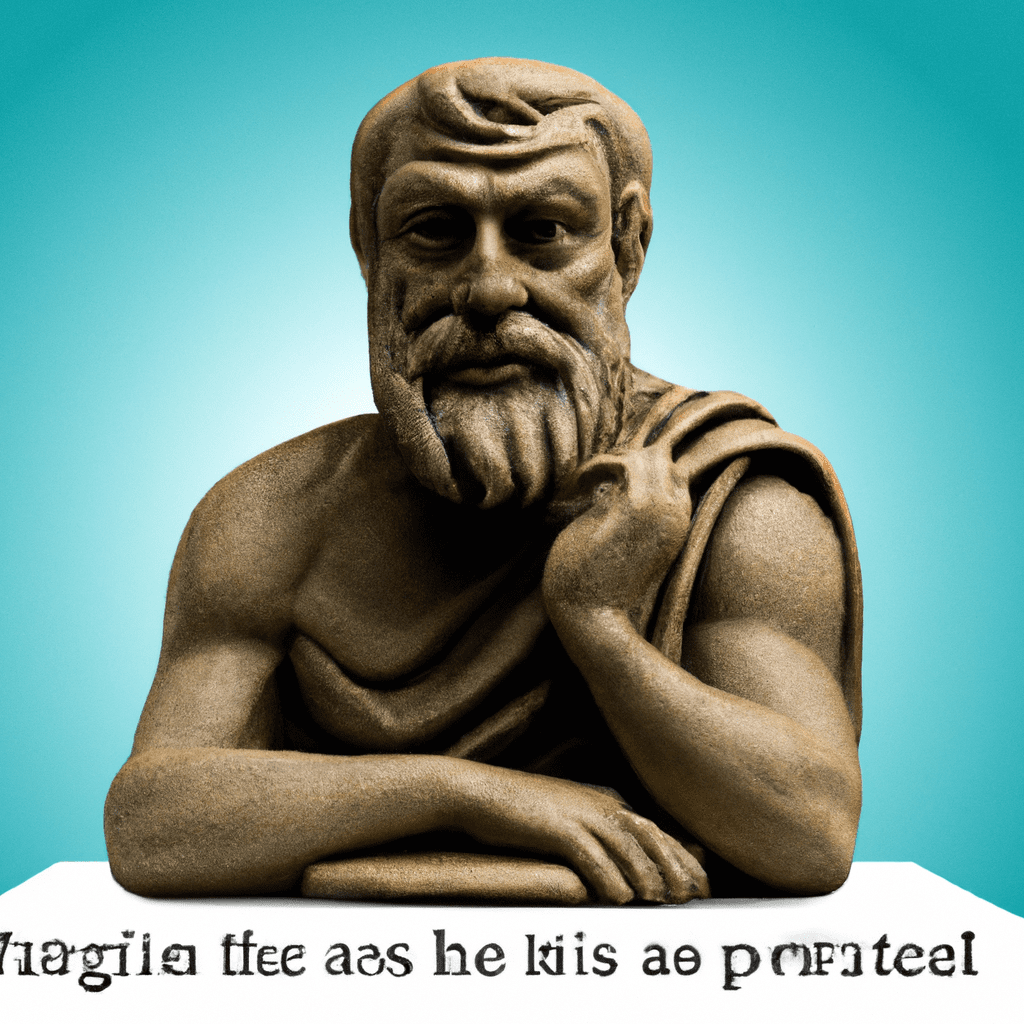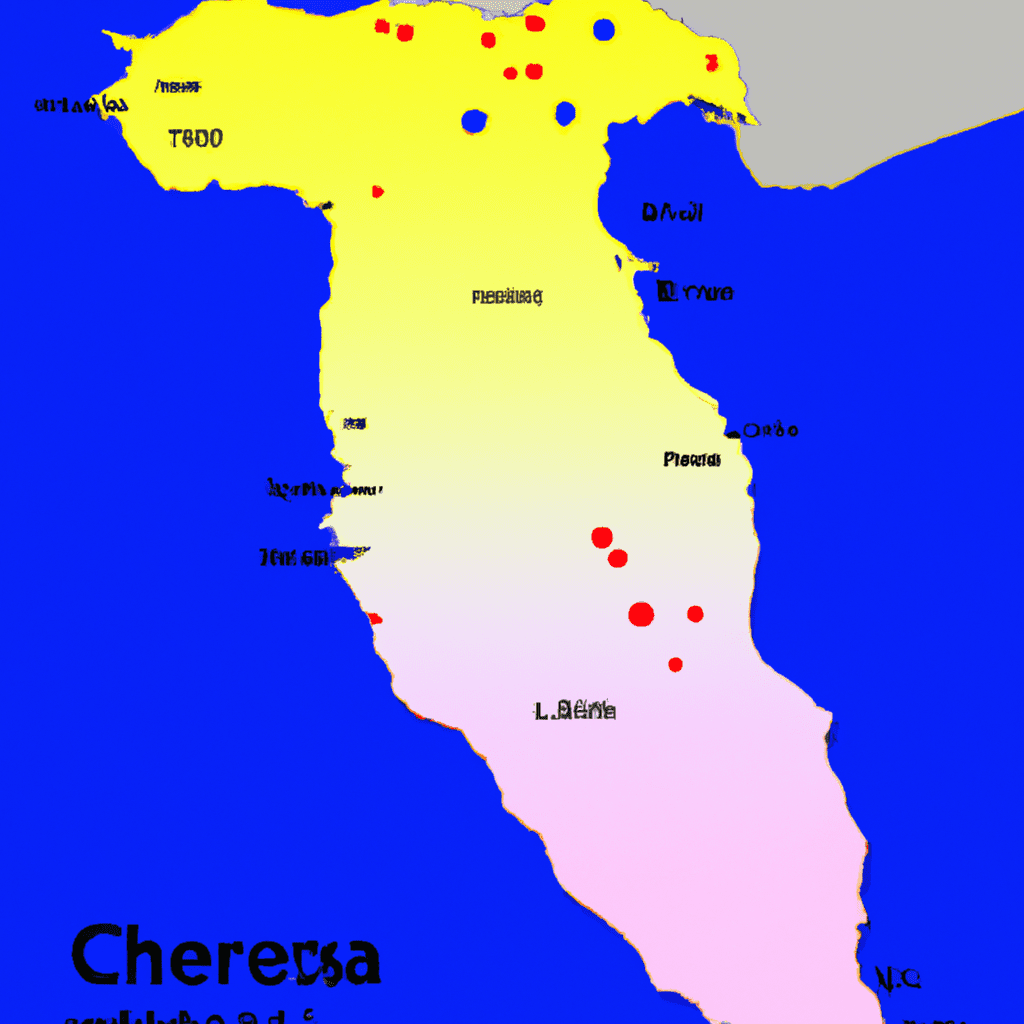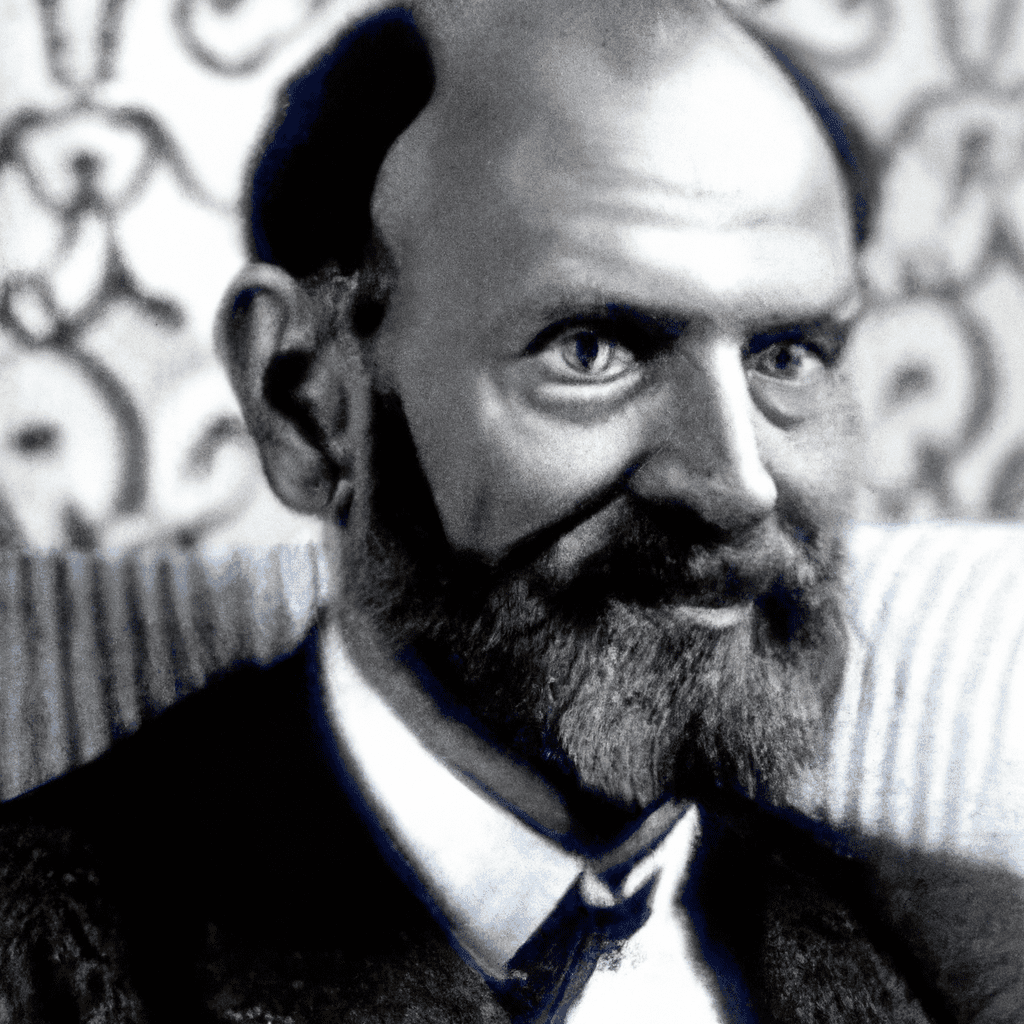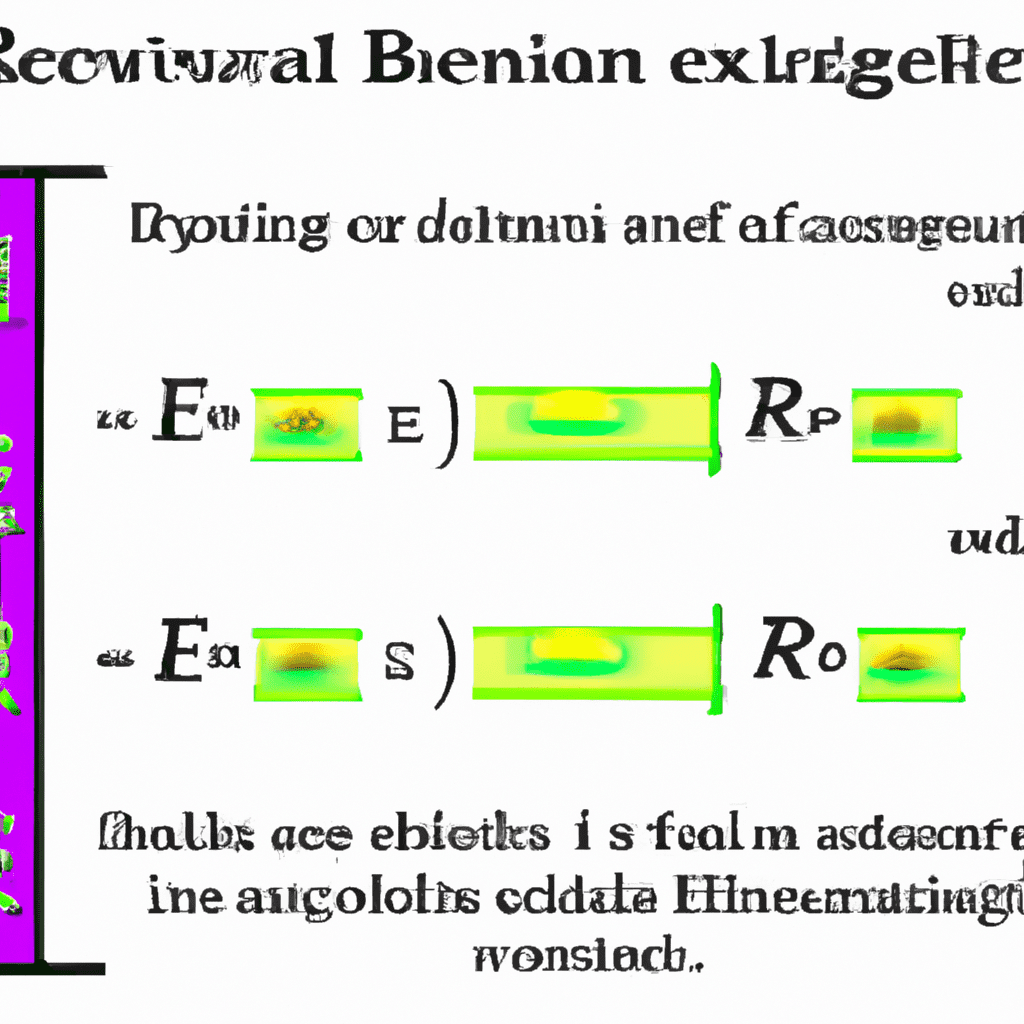Leibniz: Modal Metaphysics Gottfried Wilhelm Leibniz (1646-1716) served as the natural end of the rationalist tradition on the European continent, which included Descartes, Spinoza, and Malebranche. His philosophy was one of the major influences on…
Browsing CategoryWiki Filosofía
Neo-Platonism
Neo-Platonism Neo-platonism (or Neoplatonism) is a modern term used to designate the period of Platonic philosophy beginning with the work of Plotinus and ending with the closing of the Platonic Academy by the Emperor Justinian…
Arnold Geulincx (1624—1669)
Arnold Geulincx (1624—1669) Arnold (or Arnout) Geulincx was an early-modern Flemish philosopher who initially taught at Leuven (Louvain) University, but fled the Catholic Low Countries when he was fired there in 1658. He settled at…
Victor Kraft (1880—1975)
Victor Kraft (1880—1975) Victor Kraft was an Austrian philosopher and librarian. He was, as he himself emphasized, a “non-orthodox” member of the Vienna Circle and tried to reintroduce scientific philosophy in Austria after the Second…
Niccolò Machiavelli (1469—1527)
Niccolò Machiavelli (1469—1527) Machiavelli was a 16th century Florentine philosopher known primarily for his political ideas. His two most famous philosophical books, The Prince and the Discourses on Livy, were published after his death. His…
Aristotle (384 B.C.E.—322 B.C.E.)
Aristotle (384 B.C.E.—322 B.C.E.) Aristotle is a towering figure in ancient Greek philosophy, who made important contributions to logic, criticism, rhetoric, physics, biology, psychology, mathematics, metaphysics, ethics, and politics. He was a student of Plato for twenty…
Sigmund Freud (1856—1939)
Sigmund Freud (1856—1939) Sigmund Freud, the father of psychoanalysis, was a physiologist, medical doctor, psychologist and influential thinker of the early twentieth century. Working initially in close collaboration with Joseph Breuer, Freud elaborated the theory…
Legal Validity
Legal Validity Legal validity governs the enforceability of law, and the standard of legal validity enhances or restricts the ability of the political ruler to enforce his will through legal coercion. Western law adopts three…
The Einstein-Podolsky-Rosen Argument and the Bell Inequalities
The Einstein-Podolsky-Rosen Argument and the Bell Inequalities See the PDF Version. Author Information László E. Szabó Email: [email protected] Eötvös University Hungary

